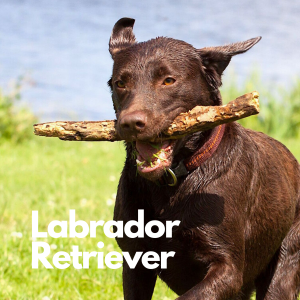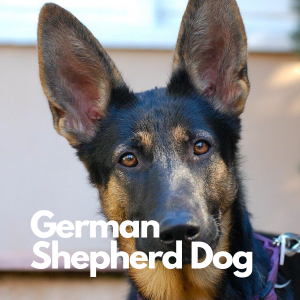
Breed
Basenji
Group
Hound
Physical Description
Known as the barkless dog, the basenji makes a sound similar to a yodel (as well as other sounds).
Originally used as a hunting dog in Africa, this small, muscular dog is elegant in its quick movements and has a curly tail that normally lays to one side at the rear of the back. Life expectancy ranges from 10 to 12 years.
The short coat comes in chestnut red, black or brindle with a white chest, paws and tail tip.
Males average between 16 and 17 inches tall and weigh 22 to 26 pounds. Females are slightly shorter at 15 to 16 inches tall and weigh 20 to 25 pounds.
Origin
Depictions of the basenji appear in ancient Egypt, and they are considered one of the oldest breeds of dog.
The breed was later maintained in Central Africa. The dogs were transported to England and America for breeding, but both groups of canines encountered issues with distemper and suffered losses.
Second attempts for exportation and breeding were successful, and the basenji was established in 1937 in England and 1941 in America, according to the American Kennel Club (AKC), which recognized the breed in 1944.
Purpose
The basenji was originally used for hunting, retrieving and driving game. Today they are hunting companions, family pets and competition show dogs.
Basenjis also participate in agility, tracking, coursing and obedience trials.
Temperament
Basenjis are intelligent and are typically easy to train, but they should be socialized since they are known to be wary of strangers.
These smart dogs are also rumored to be able to outsmart their owners, so consistent training and positive reinforcement is recommended.
Although independent, they are affectionate dogs that are frisky and alert. They have been known to climb chain fences, so having a secure outdoor perimeter is important.
A common misconception about the basenji is that because the dog does not bark, it is a calm and sedate breed. While this may be true for some of them, most basenjis are active dogs that need attention, exercise, training and socialization just like other dogs.
This breed is best kept with dogs or other basenjis. The dogs are not always trustworthy around other animal species.
We couldn’t mention a yodeling dog without letting you hear the yodel, now could we? Elvis was taken for a walk and missed by his fellow basenjis, as evidenced by their yodeling:

Exercise Needs
This active dog needs long daily walks and extra playtime where possible. Basenjis need to expel their energy to prevent laziness or destructive behavior, and the exercise will help them maintain a healthy weight.
Grooming Requirements
The short coat of the basenji requires little maintenance. The dogs groom themselves like cats and do not shed much.
They are notorious for disliking water and lack the typical “doggie” odor common with most breeds.
Basenjis are said to be good dogs for people with allergies.
Clip the nails regularly and clean the teeth and ears.
Common Health Problems
The basenji does have a few common health problems. Aside from becoming lethargic and overweight without exercise, the breed is prone to problems with the kidneys (Fanconi syndrome), eyes, hypothyroidism (under-active thyroid gland), hip dysplasia and intestinal issues.
Is the Basenji the Right Dog for You?
While they are known as quiet, barkless dogs, basenjis are still active and need daily exercise. They are active indoors and do fine with a small outdoor area, so apartments or smaller homes are OK with regular outings.
The dogs are not the best of friends with other species and are best kept with other basenjis.
They are intelligent and affectionate, and with the right training and socialization a basenji can easily become a treasured part of your family.
Adopt, Don’t Buy
If you consider getting a basenji for your next pet, check rescues and adoption resources first. Even purebred animals can end up in shelters. Try Petful’s adoptable pet finder.
Additional Resources
Photo: fugzu/Flickr








